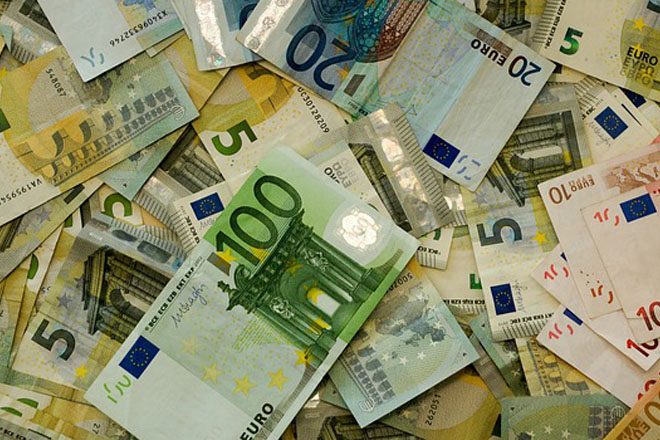Sri Lanka should think carefully before any currency devaluation: Harsha de Silva

Aug 26, 2015 (LBO) – Sri Lanka should think carefully about devaluing the rupee as it may not be a good strategy to follow, even though other countries are trying to increase exports by weakening their domestic currencies, newly elected member of parliament and former deputy minister of policy planning Harsha de Silva said.
“I, as an economist, do not believe by adjusting macroeconomic variables like interest rate and exchange rates, that we can become a competitive economy. That cannot happen,” he said.
“The only way that we can become efficient and competitive is if we consciously consider reforms in an economy in order to make production goods and services efficient and competitive.”
De Silva said the Sri Lankan rupee has depreciated two and half percent against the US dollar for this year.
“Every country is trying to increase exports (to the) same strong markets such as China,”
“Some countries are trying to devalue their currencies for exports competitiveness. This may not be good strategy for countries like Sri Lanka to follow,”
“If American interest rates start to go up what will happen to FDI (Foreign Direct Investment) and investment flows to Sri Lanka? Therefore we need to think carefully before any currency devaluation.”
Analysts say the move to devalue the rupee will help boost exports and conserve foreign-exchange reserves but some counter argue saying the depreciation of the currency increases the rupee value of foreign debt repayments and with the high debt payments to foreign agencies the government will have to pay a huge amount of rupees.
However, they point out that with the depreciation the revenue side will also increase making the government a net gainer.
Sri Lanka's central bank allowed the rupee to fall 15 cents to 134.25 to the US dollar Tuesday.
“If we depreciate what is going to happen to inflation. Because we import a large amount for our consumption market. So we are restricted in terms of depreciating. So what options do we have?
Competitive economy through competitive exports is the only solution, de Silva said.
“I’m not one to believe this should happen through depreciating our currency. It will help us in the short term. But we have to become an efficient economy in the long term moving our exports from non-tradable to tradables in this larger unsettled changing market,” he said.

Dude, u dont have enuf reserves to artificially maintain a high rate. dirty floats are good for countries like India with a massive pile of reserves in $$$.
The previous government borrowed money to maintain a rate ; look where we are now .
Imported inflation is also due to their stupid policies; giving permits to import cars at very low costs, importing super cars to a country that does not have oil or the roads to accommodate them, pricing fuel to please the minority, letting the used car mafia run policy,….. etc.
all are the same , no vision or policy to make the country better. just lining personal pockets as much as possible before the next election DUH
Well let me tell you Doctor, artificially holding up the rupee is not going to help anything other than your political ambitions. That too will be in the short term. Gradual devaluation is way better than sudden devaluations and a balance of payment crisis.
Dr is correct.There will be a regiment of medicines for the disiese.Some like devaluation,ratehikes,very potent but will have adverse side effects (though may be necessary).So where is the one (drug)that at least can be used in a drug regiment that do not have that much adverse side effects.It is lying under the “mulgala ” of the yahapalna house.
Economists should follow a mix of both short term and Long term plans to facilitate fluctuations in the economic indicators and ultimately achieve an efficient economy. We should focus more on export oriented large scale projects if we are to grab the world share strategically. Also, aim at a education level such as Singapore at least withing 5 years span. Economy should restructure according to a holistic plan that should lay a strong foundation to new GOSL’s long term goal achievement.